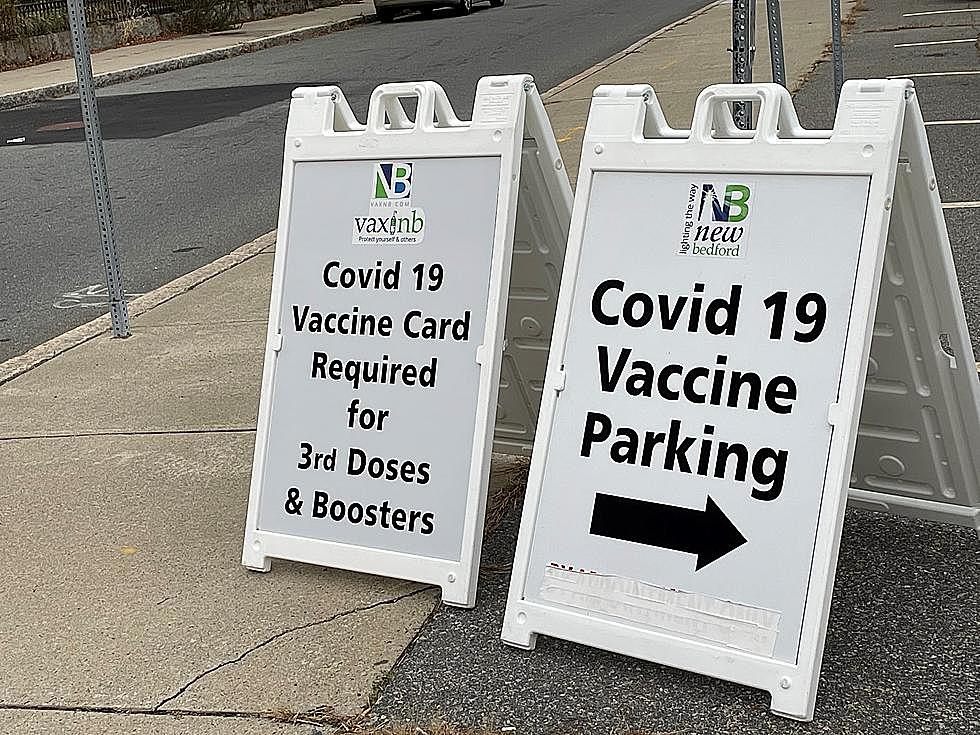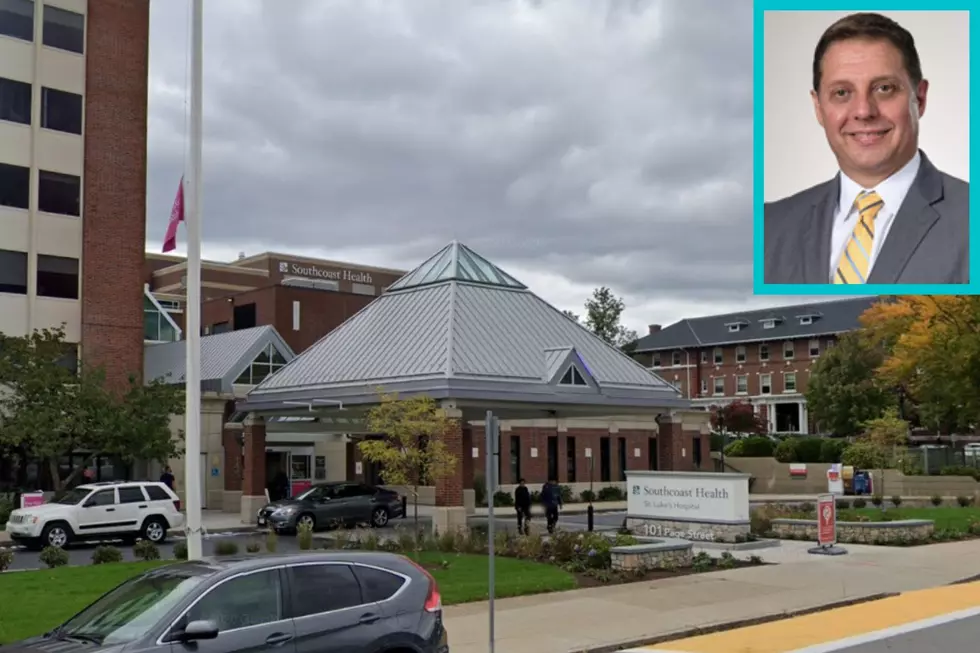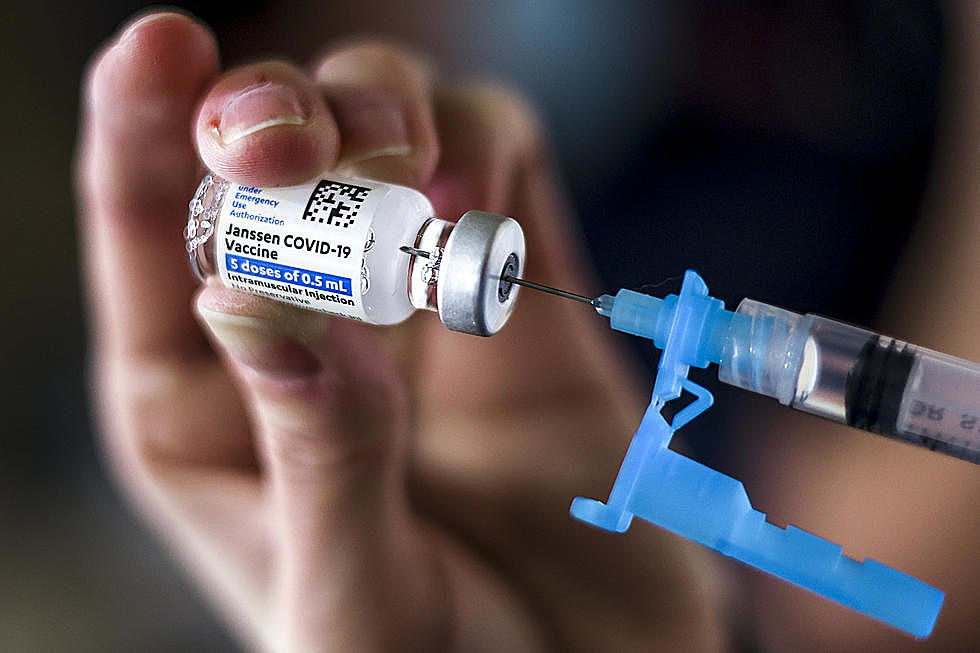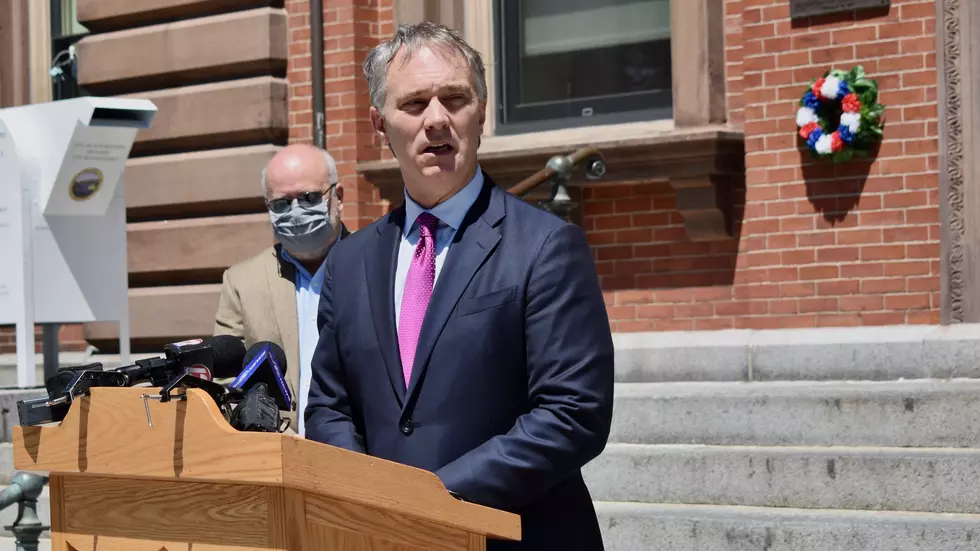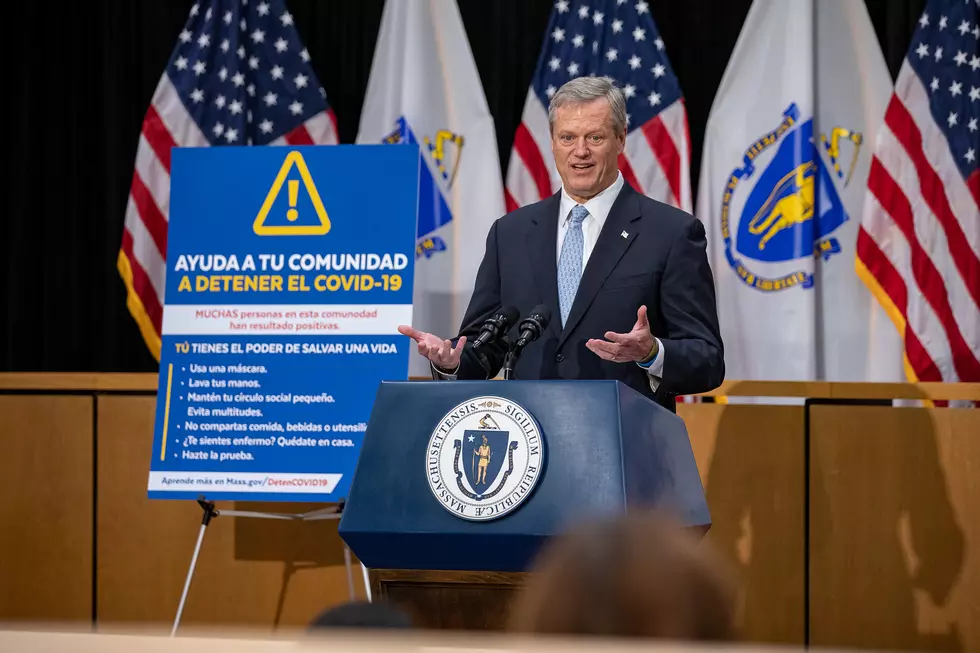
Baker: Don’t Rush Coronavirus Vaccine Deployment
A day after news emerged that the federal Centers for Disease Control told states to prepare for coronavirus vaccine distribution by Nov. 1, Gov. Charlie Baker stressed the importance of letting the development process run its course and not rushing to roll out a potential immunization.
Baker told reporters at a press conference that it is "incredibly important" for pharmaceutical companies such as Moderna and Pfizer, both of whom are working to develop vaccines, to work through the full clinical trial process before officials make any decisions about next steps.
"The last thing we should do at this point in time is change the way these processes work," Baker said. "I get why people want the vaccine to be here tomorrow, but we have a tried and true process for developing these sorts of things, and it needs to be pursued according to the rules, protocols and standards that have always been in place."
The CDC wrote to governors last week asking them to prepare for distribution of a possible vaccine by Nov. 1 -- two days before the election -- according to a McClatchy report later confirmed by other outlets.
The virus has upended life in the United States and so far led to the deaths of more than 185,000 people.
States will need to license distribution company McKesson to ensure vaccine doses flow to them, CDC Director Robert Redfield wrote, stressing that "the normal time required to obtain these permits presents a significant barrier to the success of this urgent public health program."
"CDC urgently requests your assistance in expediting applications for these distribution facilities and, if necessary, asks that you consider waiving requirements that would prevent these facilities from becoming fully operational by November 1, 2020," Redfield wrote, according to a copy of the letter posted by CBS News. "The requirements you may be asked to waive in order to expedite vaccine distribution will not compromise the safety or integrity of the products being distributed."
Baker, a Republican who worked as CEO of Harvard Pilgrim Health Care earlier in his career, said Thursday that the clearly delineated trial process ensures the public has "comfort and confidence" in the safety and efficacy of any vaccine.
Clinical trials, not a target date, should dictate when a vaccine proceeds to the next step for distribution, he said. Asked if an October distribution would be too rushed, Baker replied, "I don't know the answer to that and I'm not going to speak to it."
"I just want the process and the protocols to be the way they should be, period, and that's what everybody should want," he continued. "The last thing we should do is do it wrong."
There are nine vaccines in the third and final stage of clinical trials worldwide, according to a New York Times tracker. One of those is being developed by Cambridge-based Moderna, and the federal government in August agreed to purchase and distribute at least 100 million doses.
Three trials have links to Massachusetts, Baker said: Moderna's, one being conducted by Pfizer, and another that Johnson and Johnson is running in part through Beth Israel Deaconess Medical Center.
"I have no idea how long those trials are going to take, but those trials need to be able to run completely through their course, the data associated with those trials needs to be collected, and people need to then make decisions on what should happen next based on the results of those trials," he said.
The process to bring new vaccines to the public often takes years, but scientists have been working rapidly since the pandemic began to find a viable option. In July, when Moderna's version entered the third stage of clinical trials, National Institutes of Health Director Francis Collins described distribution of a vaccine by the end of 2020 as a "stretch goal" but "the right goal for the American people."
In an open letter, the Biotechnology Innovation Organization on Thursday published an open letter to the industry it represents outlining several principles it believes should dictate the rollout of a potential vaccine.
Use of any products should be "data-driven," BIO said, and both major political parties should set aside any pressure on the process.
"Our nation's leaders should reassure the public that politics will not influence the development and approval of new medicines," the group wrote. "Conclusions about both the safety and effectiveness of such medicines should be based on rigorous collection and assessment of data by all the appropriate bodies, and their distribution should be based on sound public health considerations."
Health and Human Services Secretary Marylou Sudders said during Thursday's press conference that the state's health apparatus currently distributes about 3.2 million vaccine doses every year, which she described as a "good platform" ahead of a potential COVID vaccine's availability.
One area the department is still exploring, she said, is what priorities will be in place for distribution of the vaccine and who will qualify for the first doses.
"The Department of Public Health has had an internal working group to ensure that we have the infrastructure in place in the event that, once the vaccine is authorized for distribution, McKesson is the federal distributor and they'll be distributed directly to states," she said. "The Department of Public Health will be bringing together people outside of government to ensure we have an equitable lens in the distribution of the vaccine while it's here."
The National Governors Association published a policy memo in August suggesting that a "whole of government" response will be needed to successfully distribute a vaccine to the public. Gov. Charlie Baker sits as a member of the NGA's executive committee.
"The challenge of vaccine development is matched by the challenge of vaccine distribution; once discovered and produced, it must be delivered and dispensed to the population writ large," the memo said.
More From WBSM-AM/AM 1420
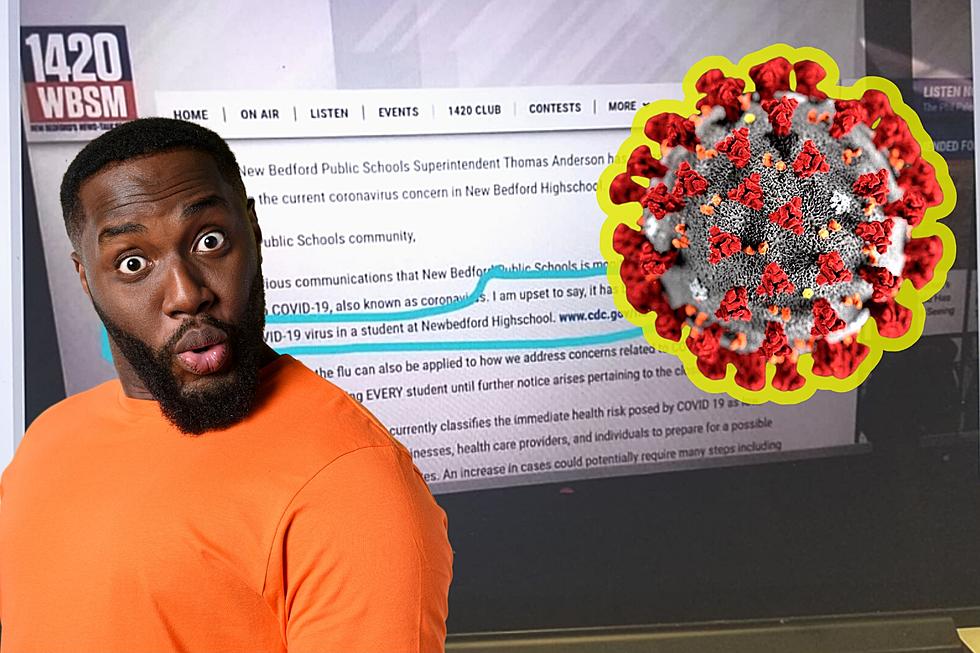
![New Bedford Community Health Center CEO Gives COVID Update [TOWNSQUARE SUNDAY]](http://townsquare.media/site/518/files/2020/03/outbreak-coronavirus-world-1024x506px.jpg?w=980&q=75)
![How New Bedford Should Handle the Rise in COVID Cases [TOWNSQUARE SUNDAY]](http://townsquare.media/site/518/files/2020/06/GettyImages-1215276619.jpg?w=980&q=75)

